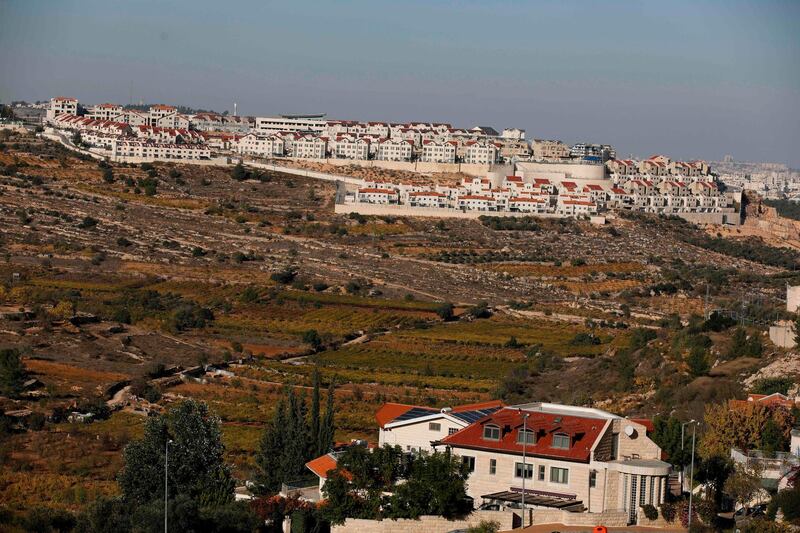Since 1967, Israeli settlements have been built on land seized from Palestinians in the West Bank and East Jerusalem. More than 600,000 Israelis now live in about 140 settlements in occupied Palestinian territories, which according to international law are illegal – a stance which the United Nations and the vast majority of the world's countries stand by. The US decision to declare those settlements as legitimate not only flies in the face of international consensus; it is a betrayal of the Palestinians and indicative of the Americans' empty promise to work towards a peace plan.
Yet it says much about the lack of faith in the US as an honest broker in negotiations in the Arab-Israeli conflict that the announcement from the White House came as little surprise. US Secretary of State Mike Pompeo declared on Monday that after "legal analysis and review", his department had concluded the settlements were "not inconsistent with international law". He added: "Calling the establishment of civilian settlements inconsistent with international law has not advanced the cause of peace." What he ignores is that it is not the terminology that is interfering with the peace process but the fact the settlements were built illegally on occupied territory and make a viable Palestinian state very difficult to establish. The Fourth Geneva Convention clearly states that occupying powers should not "deport or transfer parts of its own civilian population into the territory it occupies". Yet Israeli authorities have been engaging in a land grab since the 1967 war, often claiming the land is for military or security purposes – then allowing residential communities to spring up. The constant, aggressive and flagrant flouting of international law is what renders the prospect of peace elusive.
Words do matter when they consistently and methodically rob the vulnerable and deprived of the right to dignity and statehood. Mr Pompeo's statement was in keeping with a string of pro-Israeli measures taken by the US. Two years ago, US President Donald Trump named Jerusalem Israel's capital, to the dismay of Palestinians, who seek to make East Jerusalem the capital of a future state, and moved the US embassy from Tel Aviv to Jerusalem. And in April last year, the US furtively removed references to "occupied territories" from its state department's annual human rights report, referring instead to "the West Bank and Gaza". There was also an attempt to avoid the term settlers, instead favouring the phrase "Israelis living in the West Bank settlements".
Among the countless historical injustices meted out to the people of Palestine, these insidious attempts to make the Palestinians and their cause invisible through the erasure of their identity, their land and the recognition of crimes against them is done most effectively through the conscious exploitation of language. The words that are used to frame the conflict will go on to determine the lens through which history will view these hostilities.
With these steps, Washington has incrementally eroded trust in its standing as a mediator between Palestinians and Israelis. On the ground, whether it refers to settlements as illegal or not matters little. It will not improve the plight of the Palestinians, nor stop Israelis from expanding on their territory. But such revisionism does, as Palestine Liberation Organisation negotiator Hanan Ashrawi says, give Israel a "green light" for annexation. It tells Israeli authorities they can carry out such crimes with impunity while the international community stands by and does nothing – and indeed, condones their behaviour. With the US behind it, Israel will feel emboldened to continue its aggressive expansion. The US remains the most significant external actor that can end the occupation. If history is written by the victors, the US has simply delivered a win to Israel and rewritten history into the bargain – all before a resolution has been reached in the conflict. The world must continue to acknowledge these settlements for what they are – a crime against an entire people, who have been stripped of their land, of a state and now, of the right to be called victims.





